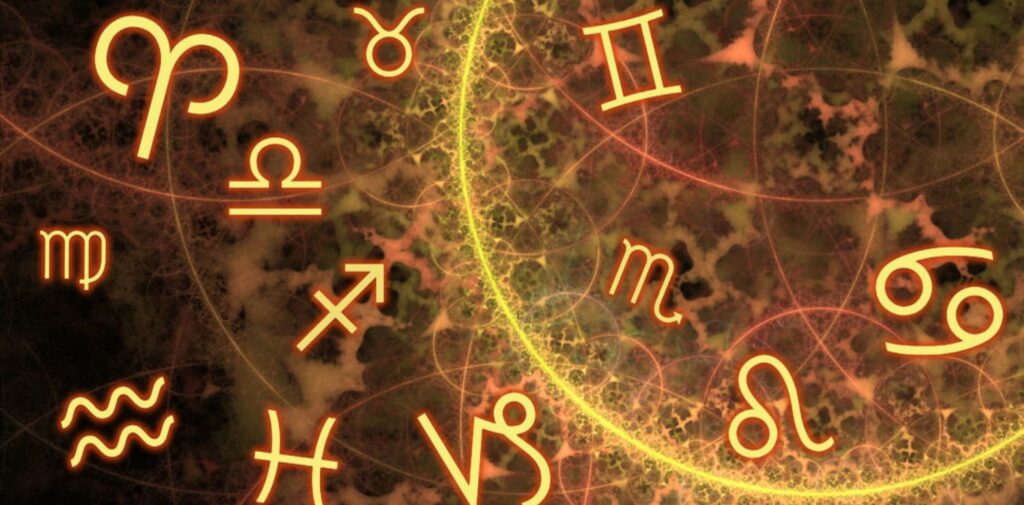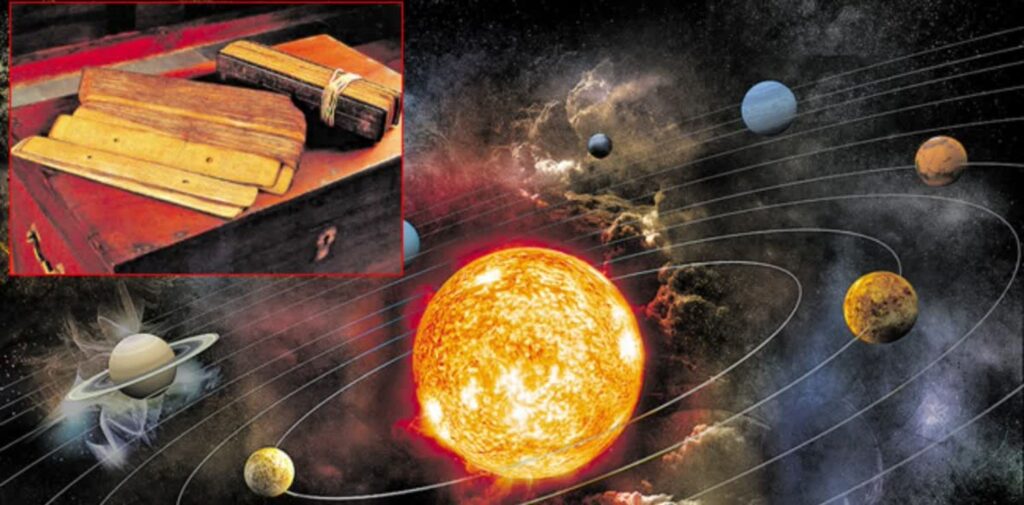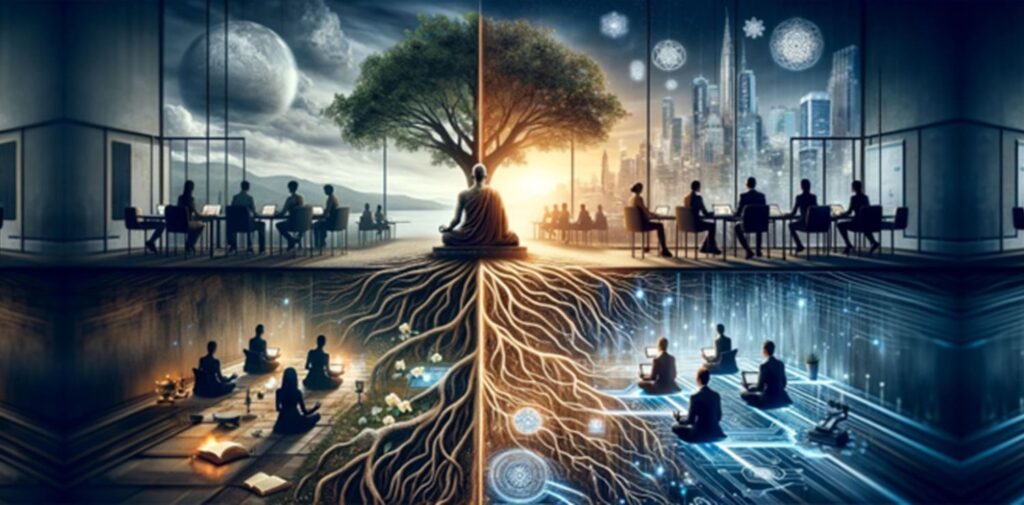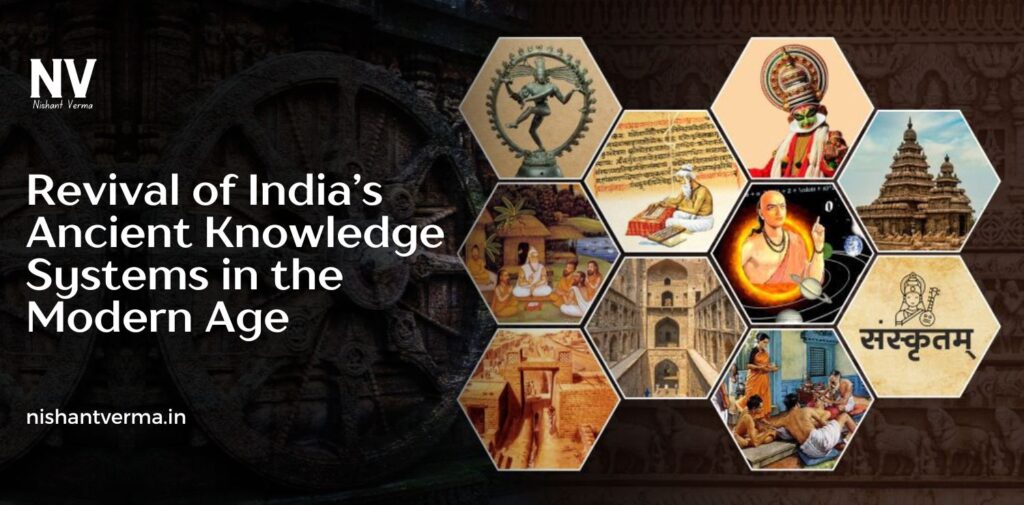India, with its rich history and cultural heritage, has long been a land of wisdom, offering valuable knowledge systems that span across centuries. From ancient texts and spiritual teachings to scientific discoveries and practical methods of living, Indian knowledge systems have contributed immensely to human development. However, in the modern age, much of this ancient wisdom was overshadowed by Western thought and practices, particularly during and after the colonial period. In recent years, however, there has been a growing interest in the revival of India ancient knowledge systems. This article explores the importance of these systems, the efforts to revive them, and the relevance of such knowledge in today’s world.
Ancient Knowledge Systems: A Treasure Trove of Wisdom
India ancient knowledge systems are vast, diverse, and deeply integrated into the country’s cultural, spiritual, and scientific traditions. Ancient Indian texts like the Vedas, Upanishads, Puranas, and Sutras contain a wealth of knowledge ranging from philosophy and spirituality to medicine, mathematics, astronomy, and architecture. Many of these texts were compiled thousands of years ago, yet their teachings are still relevant today.
One of the central aspects of Indian knowledge systems is the concept of holistic knowledge, where physical, mental, and spiritual well-being are interconnected. Ancient Indian thinkers saw the world as a unified whole, where every aspect of life is interdependent. The pursuit of knowledge was not limited to intellectual growth alone but also included personal and spiritual development. This integrative approach is something that modern education systems often miss out on.
Another key aspect of ancient Indian wisdom is its emphasis on sustainability and living in harmony with nature. The traditional systems of Ayurveda (ancient medicine), Vastu Shastra (architecture), and Sustainable agriculture practices are some of the areas where ancient knowledge has much to offer in today’s world, which is struggling with environmental degradation and health issues.

The Decline of Ancient Knowledge Systems
Despite the depth of wisdom embedded in ancient knowledge systems, many of these traditions began to decline during the colonial era. The British colonial government, along with the influence of Western education systems, led to the marginalization of India’s traditional knowledge. The colonial rulers saw the indigenous knowledge systems as primitive and tried to replace them with Western scientific approaches.
Post-independence, while India made great strides in modernizing its education and technology, the traditional knowledge systems continued to be sidelined. Western models of education, which focused primarily on technical knowledge and scientific methodology, became the norm. As a result, many of India’s ancient practices and teachings were forgotten or dismissed as irrelevant in the face of rapid modernization.
However, despite these challenges, the essence of ancient Indian knowledge systems has never been entirely lost. In recent years, there has been a significant effort to rediscover, revive, and integrate these systems into modern life.
The Revival: Reconnecting with Ancient Wisdom
In the last few decades, there has been a noticeable shift towards reviving and preserving India ancient knowledge systems. This revival is not about rejecting modernity or technology but about finding ways to integrate traditional wisdom into contemporary lifestyles. Various organizations, institutions, and individuals are working to bring ancient knowledge back into the mainstream, ensuring its relevance for future generations.
One of the key areas where this revival is happening is in Ayurveda, the traditional system of medicine that has been practiced in India for over 5,000 years. Ayurveda emphasizes balance and harmony within the body and mind, using natural remedies such as herbs, dietary practices, and lifestyle changes to promote health and wellness. Today, Ayurveda is gaining recognition worldwide, with many people turning to it as an alternative or complement to modern medicine. Indian universities and research institutions are increasingly focusing on the scientific validation of Ayurvedic practices, bridging the gap between ancient wisdom and modern science.
Similarly, Yoga, another ancient Indian practice, has seen a global resurgence. While yoga has been practiced in India for thousands of years as a means of achieving spiritual and physical well-being, it has become a global phenomenon in the 21st century. Yoga’s holistic approach to physical and mental health has attracted millions of followers worldwide. The practice of yoga is being integrated into schools, workplaces, and fitness regimes, helping people reconnect with their minds and bodies in a fast-paced world.

Modern Science Meets Ancient Knowledge
One of the most exciting aspects of the revival of India ancient knowledge systems is the way in which modern science is now validating and complementing these traditional practices. Scholars, researchers, and scientists are increasingly turning to ancient texts and practices to discover solutions to modern-day challenges.
For instance, traditional agricultural practices based on Vedic principles are being studied for their sustainability and environmental benefits. Ancient techniques like crop rotation, natural pest control, and rainwater harvesting are being revived as part of India’s efforts to address climate change, food security, and sustainable farming.
Another area where ancient knowledge is being integrated with modern science is astronomy. Ancient Indian astronomers, such as Aryabhata, were pioneers in the field, making significant contributions to our understanding of the cosmos. Today, the insights from ancient Indian texts are being revisited by modern astronomers and physicists, who are finding surprising correlations with contemporary scientific discoveries.
The resurgence of Vastu Shastra, an ancient system of architecture that emphasizes spatial harmony, is also another example of this blend. Though it was initially seen as a mystical practice, modern architects and interior designers are recognizing the value of Vastu principles in creating spaces that promote mental clarity, well-being, and productivity.
Educational Reforms: Incorporating Ancient Wisdom
One of the most crucial steps in the revival of ancient knowledge systems is the inclusion of these teachings in India’s education system. The modern Indian education system is heavily focused on technical and scientific subjects, but there is a growing recognition that a balanced education should also include traditional wisdom.
Several institutions are now offering courses and workshops on Indian philosophy, Ayurveda, Yoga, and Sanskrit, ensuring that students not only understand the contemporary world but also gain insights into their cultural heritage. This has led to a renewed interest in ancient texts such as the Vedas, the Mahabharata, and the Ramayana, which provide profound insights into ethics, governance, and social structures.
Furthermore, some universities and institutes are establishing interdisciplinary programs that combine ancient knowledge with modern subjects. This approach aims to encourage students to think holistically and apply ancient wisdom to solve modern-day problems. For instance, a study of Ayurveda and traditional healing practices can offer insights into modern medicine, while lessons from ancient Indian literature and philosophy can shape ethical practices in business and governance.

The Road Ahead: Challenges and Opportunities
While the revival of India ancient knowledge systems is promising, it is not without its challenges. One of the main obstacles is the need for modern validation. While traditional knowledge has stood the test of time, it is essential to subject it to scientific scrutiny and validation in the context of contemporary life. This requires a collaborative approach between scholars of traditional wisdom and modern researchers.
Another challenge is the preservation of ancient texts and practices. Many of the original manuscripts and oral traditions have been lost or are in danger of extinction. Efforts are being made to digitize and preserve these texts, but there is still a long way to go.
Despite these challenges, the opportunities for the revival of India ancient knowledge systems are immense. The global interest in holistic well-being, sustainability, and alternative healing practices has created a space for ancient Indian wisdom to thrive. As India continues to modernize, there is great potential for integrating traditional knowledge with new innovations to create a more balanced, sustainable, and healthy future.
Conclusion: India Ancient Knowledge Systems
The revival of India ancient knowledge systems is not just a cultural rediscovery but a practical response to many of the challenges faced by modern society. From healthcare to education, sustainability to architecture, ancient Indian wisdom offers valuable insights that can help build a better future. By embracing and integrating these systems, India can create a more harmonious relationship between tradition and modernity, benefiting both its people and the world at large. The key to this revival lies in respecting the wisdom of the past while adapting it to meet the needs of the present and future.




